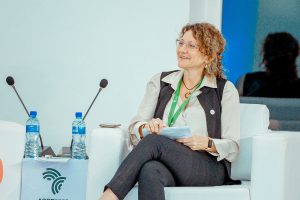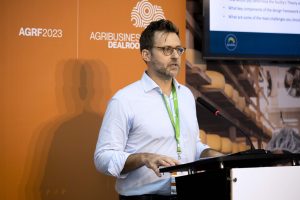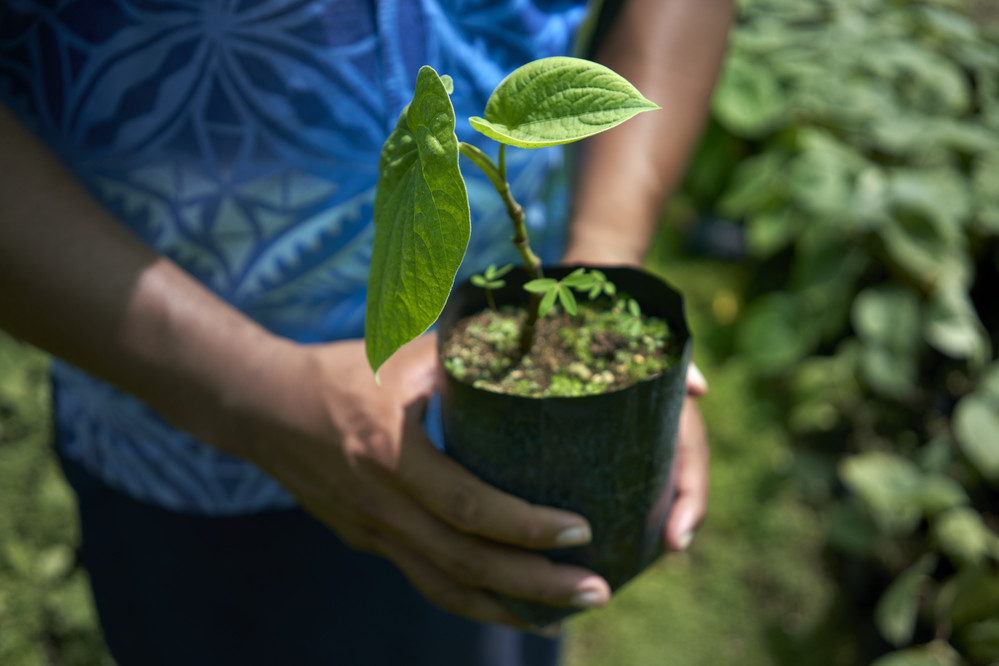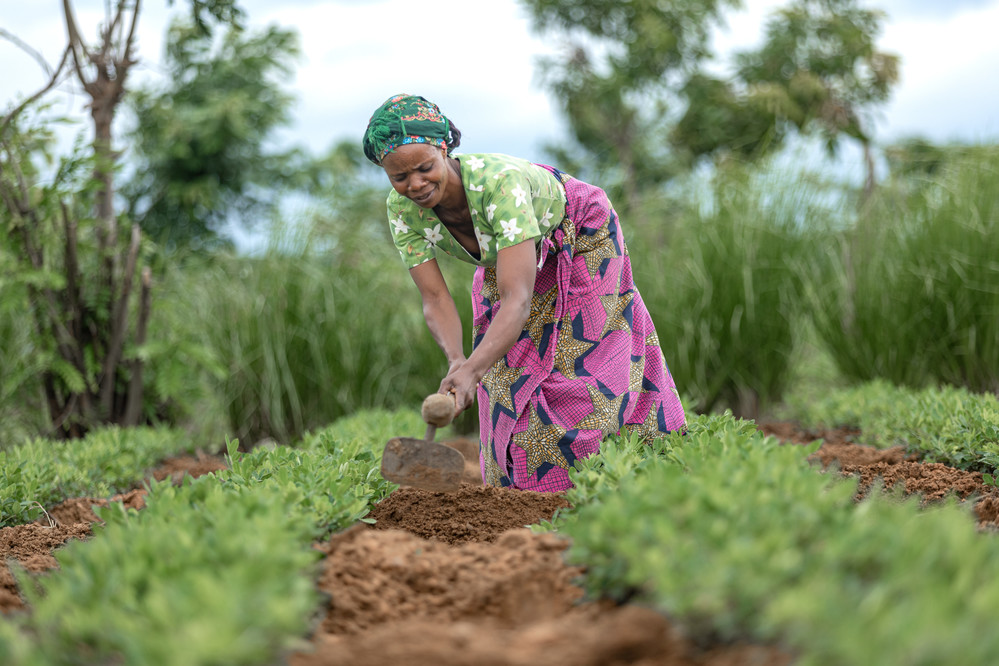Family businesses in agriculture, particularly those owned or led by women and young people, took centre stage in fifteen sessions at the Africa Food Systems Forum 2023, as over 3000 delegates convened in Dar es Salaam to explore ways to accelerate Africa’s food sovereignty. Coming soon after the global stocktake on food systems transformation in July 2023, the Africa-focused forum was another reminder of the need to financially empower small and medium sized enterprises (SMEs) in the sector.
In this blog, SAFIN looks back at what the Forum revealed about the challenges, solutions and systemic shifts needed to put more capital in the hands of African agripreneurs.

When agribusinesses pay for business support, they generate greater impact
SAFIN members have long recognized the role of the enterprise support environment in boosting the chances of agricultural enterprises to grow and attract investment capital. At the Forum, BDS providers and agriculture experts discussed how financial contributions, even small ones, for these services by SMEs are correlated with better performance and higher impact. However, due consideration should be given to when direct payment or other modalities of cost-recovery for business support is appropriate depending on the size, activities, geographies and value chain focus of each enterprise. Innovative business models came to the fore during the session, such as linking BDS cost-recovery to specific performance markers like business growth or access to funding and bundling business support with other services like input supply for SMEs to repay after each production cycle.

Coordination and data standards are indispensable to finance green transitions in agriculture
Climate finance is essential to building resilience among SMEs and small-scale farmers who form the bulk of Africa’s agriculture sector. In a masterclass on Agriculture Climate Funds, sector experts brought home the need for leadership by a single institution in the design of climate funds to ensure seamless coordination and knowledge exchange with complementing partners. They also emphasized the need for a theory of change for each fund, based on the funds impact objectives, and adapted to the market and environmental conditions in which the targeted SMEs and farmers operate. To effectively monitor the impact of such investments, climate fund managers should also align various stakeholders around standardized data requirements, and allocate sufficient budget and expertise to impact measurement from the onset.

Looking beyond challenges and identifying practical solutions for farmer organizations
A session at the Forum’s Agribusiness Dealroom put the role of farmer organizations in aggregating farmers across Africa into perspective, particularly during an age of crisis. While practitioners in the room discussed the various challenges farmer organizations face in accessing capital tailored to their needs, the discussion emphasized the need to shift towards innovative solutions that can bridge the existing financing gap. These included tech solutions to create digital identities for farmers and reduce financial risks through group accountability, and adapting financial products to farming calendars across sub-Saharan Africa. Throughout the exchange, one thing remained clear- financing should be coupled with capacity building activities to support farmer organizations to maintain financial records and strong business performance to attract new funders.
In a continent characterized by the largest expanse of farmland on the planet, where 80% of all food goes through the hands of SMEs, it is undeniable that these enterprises are essential to helping Africa feed itself sustainably. Members of the SAFIN network continue to work together towards a financial ecosystem that understands and appropriately addresses their financing needs. To facilitate this, the SAFIN secretariat will be introducing a new framework to help members to develop concrete solutions to their common issues. Peer-designed ventures (PDV) are intended to offer a collaborative space for the SAFIN community to explore opportunities, co-create initiatives and gather partner commitments. If you have an issue you’re grappling with and would like feedback from your SAFIN peers, visit Pulse by SAFIN and start a conversation.

